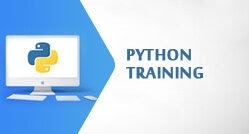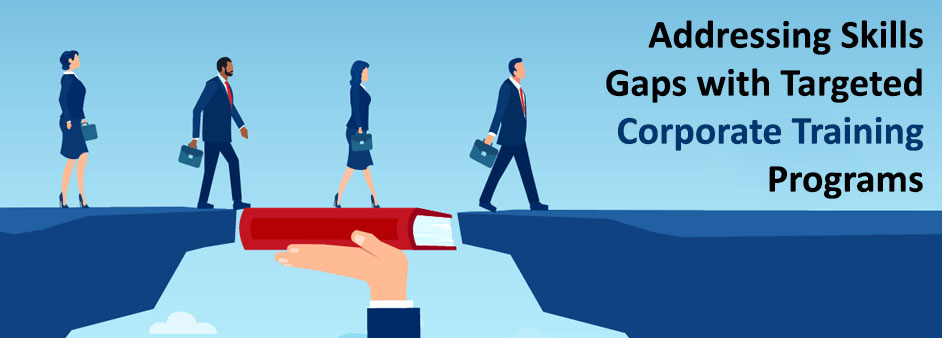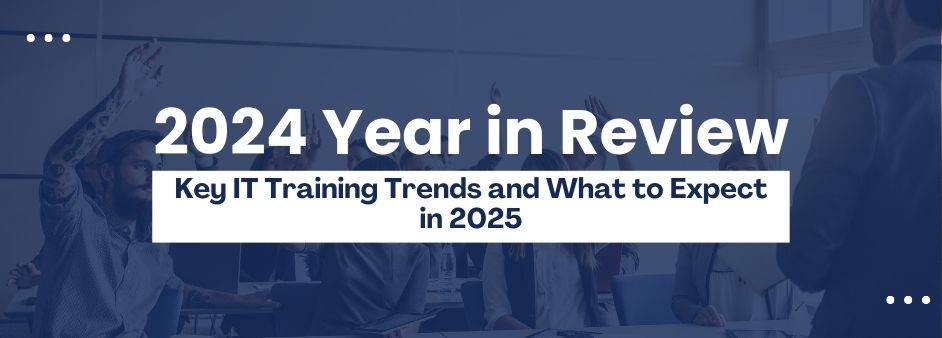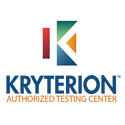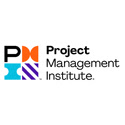Creating a Continuous Learning Culture in 2024: Key Strategies for Organizational Success
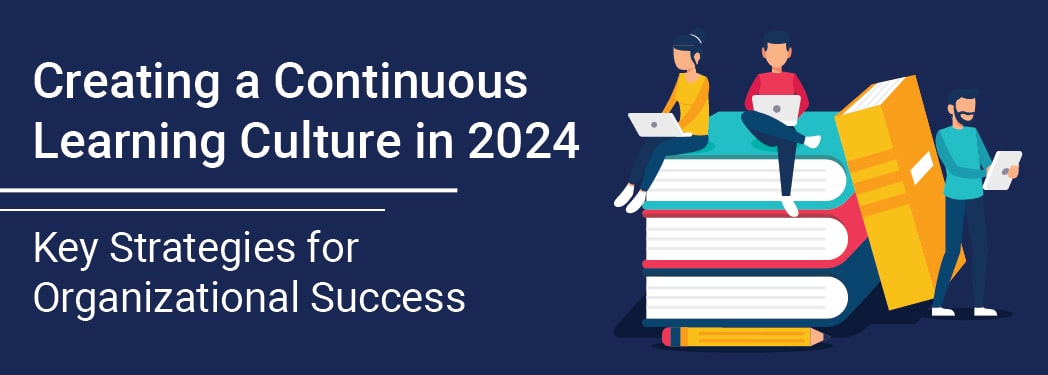
As we venture deeper into 2024, the pace of technological advancements and the shifting dynamics of the global market underscore the critical importance of building a culture of continuous learning within organizations. Such a culture not only equips teams with the skills and knowledge to navigate the complexities of the modern business environment but also fosters innovation, adaptability, and sustained growth. Here are key strategies for Learning Culture for Organizational success in 2024.
Embrace Technology as a Learning Enabler
The first step towards fostering a continuous learning culture is embracing technology. In 2024, a plethora of platforms and tools are at our disposal, making learning more accessible, engaging, and flexible than ever before. From online courses and virtual reality simulations to mobile apps and learning management systems (LMS), technology enables employees to learn at their own pace and in their preferred style. Incorporating these tools into your learning strategy can democratize access to knowledge and facilitate a seamless learning experience.
Encourage Knowledge Sharing
Creating an environment where knowledge sharing is encouraged is crucial for a continuous learning culture. Encourage teams to share insights, experiences, and best practices through regular meetings, workshops, and informal gatherings. Implementing internal platforms for knowledge exchange, such as forums or wikis, can also promote a sense of community and collective growth. When employees see the value in learning from one another, it strengthens the learning culture and fosters collaboration.
Personalize the Learning Experience
Recognizing that every employee has unique learning needs and preferences is key to encouraging continuous learning. Personalized learning paths, which might include a mix of online courses, mentorship programs, and project-based learning, can cater to individual career aspirations and learning styles. By offering choices and allowing employees to drive their own development, organizations can increase engagement and motivation to learn.
Recognize and Reward Learning Achievements
Acknowledging and rewarding progress and achievements in learning is a powerful motivator. Whether through formal recognition programs, career advancement opportunities, or simply verbal acknowledgment, appreciating employees’ efforts to learn and grow demonstrates the organization’s commitment to their development. This recognition not only boosts morale but also reinforces the value placed on continuous learning.
Lead by Example
Perhaps the most impactful strategy is for leadership to lead by example. When leaders actively engage in learning new skills and openly share their learning journeys, it sets a powerful precedent for the rest of the organization. Leadership commitment to continuous personal and professional development sends a clear message: learning is integral to the organization’s DNA.
Conclusion: A Foundation for Future Success
As we look ahead in 2024, building a culture of continuous learning is not just a strategic advantage—it’s a necessity for survival and success in the rapidly evolving corporate landscape. By embracing these strategies, organizations can create a dynamic environment where continuous improvement, innovation, and adaptability are part of everyday life. In doing so, they not only enhance their competitiveness but also contribute to a more fulfilled, engaged, and capable workforce ready to tackle the challenges of tomorrow.
This exploration into building a culture of continuous learning offers a roadmap for organizations aiming to thrive in 2024 and beyond. By prioritizing learning and development, companies can navigate the complexities of the modern business world with confidence, ensuring they remain at the forefront of innovation and success.
As we venture deeper into 2024, the pace of technological advancements and the shifting dynamics of the global market underscore the critical importance of building a culture of continuous learning within organizations. Such a culture not only equips teams with the skills and knowledge to navigate the complexities of the modern business environment but also fosters innovation, adaptability, and sustained growth. Here are key strategies for Learning Culture for Organizational success in 2024.
Embrace Technology as a Learning Enabler
The first step towards fostering a continuous learning culture is embracing technology. In 2024, a plethora of platforms and tools are at our disposal, making learning more accessible, engaging, and flexible than ever before. From online courses and virtual reality simulations to mobile apps and learning management systems (LMS), technology enables employees to learn at their own pace and in their preferred style. Incorporating these tools into your learning strategy can democratize access to knowledge and facilitate a seamless learning experience.
Encourage Knowledge Sharing
Creating an environment where knowledge sharing is encouraged is crucial for a continuous learning culture. Encourage teams to share insights, experiences, and best practices through regular meetings, workshops, and informal gatherings. Implementing internal platforms for knowledge exchange, such as forums or wikis, can also promote a sense of community and collective growth. When employees see the value in learning from one another, it strengthens the learning culture and fosters collaboration.
Personalize the Learning Experience
Recognizing that every employee has unique learning needs and preferences is key to encouraging continuous learning. Personalized learning paths, which might include a mix of online courses, mentorship programs, and project-based learning, can cater to individual career aspirations and learning styles. By offering choices and allowing employees to drive their own development, organizations can increase engagement and motivation to learn.
Recognize and Reward Learning Achievements
Acknowledging and rewarding progress and achievements in learning is a powerful motivator. Whether through formal recognition programs, career advancement opportunities, or simply verbal acknowledgment, appreciating employees’ efforts to learn and grow demonstrates the organization’s commitment to their development. This recognition not only boosts morale but also reinforces the value placed on continuous learning.
Lead by Example
Perhaps the most impactful strategy is for leadership to lead by example. When leaders actively engage in learning new skills and openly share their learning journeys, it sets a powerful precedent for the rest of the organization. Leadership commitment to continuous personal and professional development sends a clear message: learning is integral to the organization’s DNA.
Conclusion: A Foundation for Future Success
As we look ahead in 2024, building a culture of continuous learning is not just a strategic advantage—it’s a necessity for survival and success in the rapidly evolving corporate landscape. By embracing these strategies, organizations can create a dynamic environment where continuous improvement, innovation, and adaptability are part of everyday life. In doing so, they not only enhance their competitiveness but also contribute to a more fulfilled, engaged, and capable workforce ready to tackle the challenges of tomorrow.
This exploration into building a culture of continuous learning offers a roadmap for organizations aiming to thrive in 2024 and beyond. By prioritizing learning and development, companies can navigate the complexities of the modern business world with confidence, ensuring they remain at the forefront of innovation and success.

